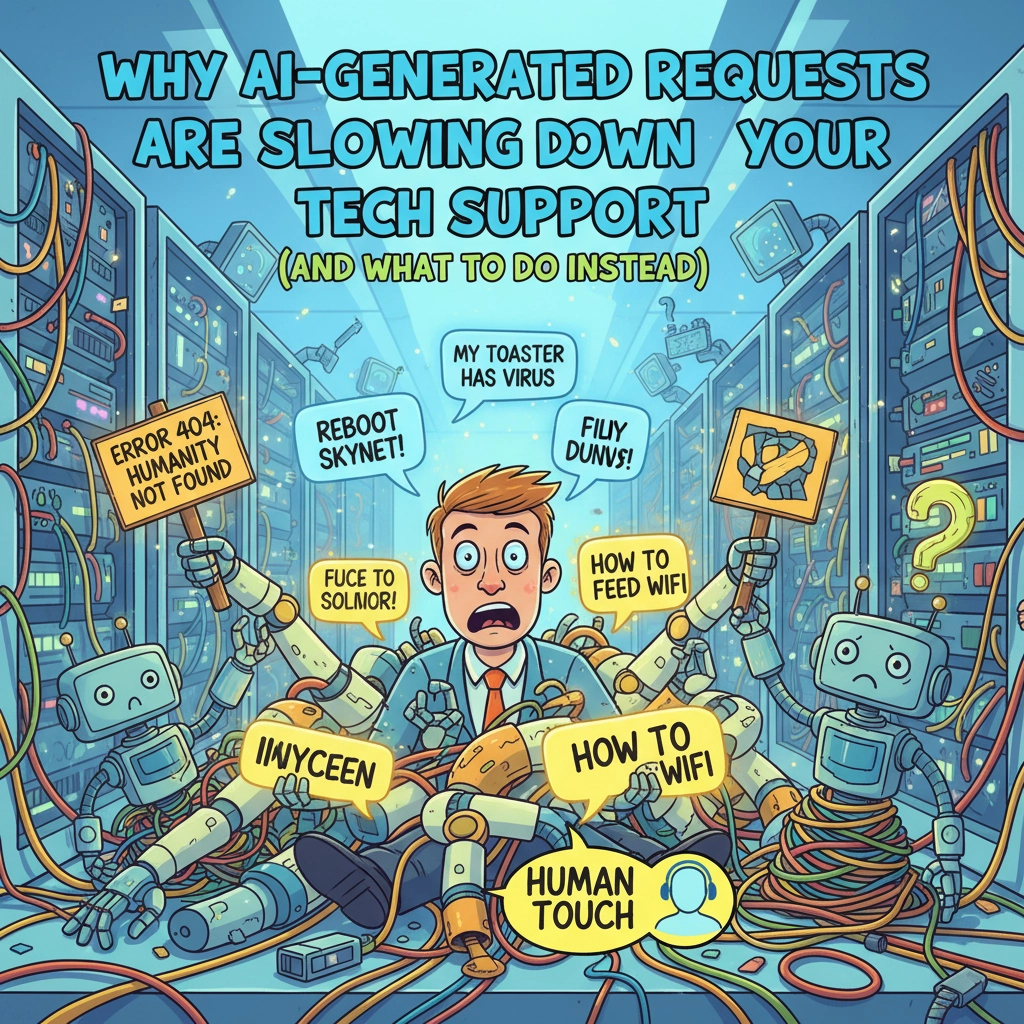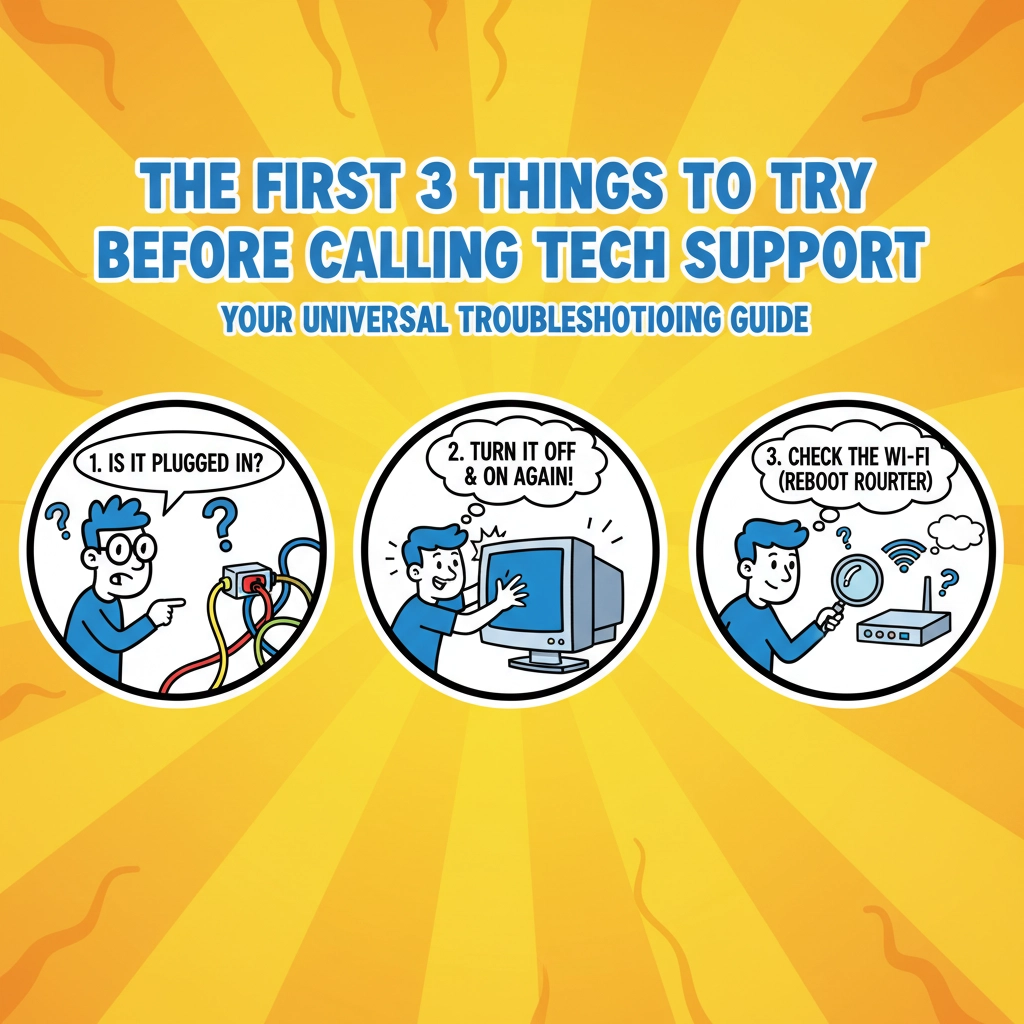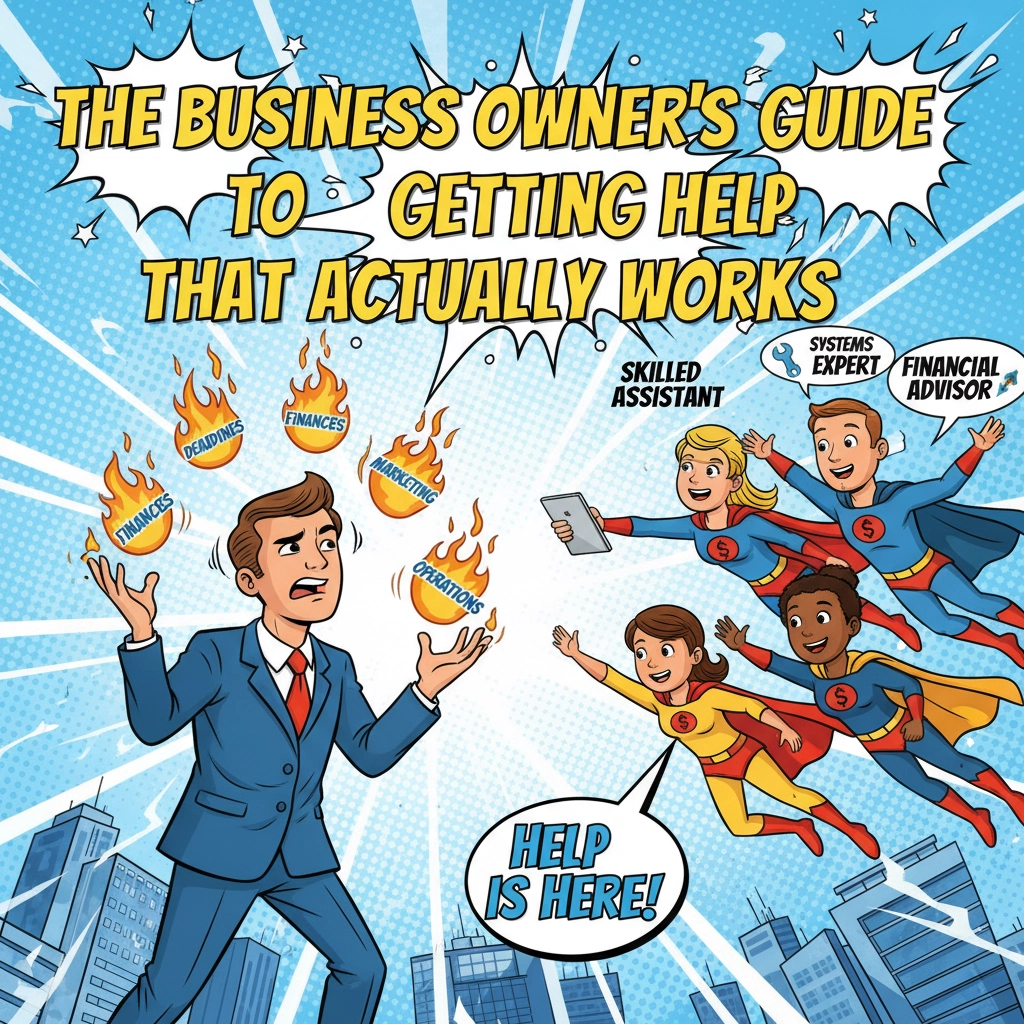We’ve all heard it: “The customer is always right.” This well-meaning business principle, coined by retail pioneers like Harry Gordon Selfridge in the early 1900s, was meant to revolutionize customer service. But in today’s world, this outdated mantra might actually be hurting the very people it aims to protect – the customers themselves.
The Hidden Costs of Always Saying “Yes”
When businesses bend over backward to accommodate every demand, regardless of how unreasonable, those costs don’t just disappear. They get passed on to everyone else. That free meal comp for the customer who complained about a perfectly cooked steak? The cost gets absorbed into menu prices. The extra staff hired to handle constant complainers? That’s reflected in higher prices across the board. In essence, good customers end up subsidizing the behavior of the difficult ones.
The Deteriorating Service Spiral
Perhaps the most ironic effect of “the customer is always right” mentality is how it actually leads to worse service for most customers. When businesses divert significant resources to handling complaints and unreasonable demands, they have less to invest in improving their core services. Front-line employees spend more time managing difficult customers and less time providing quality service to everyone else.
Creating a Monster: The Feedback Loop of Entitlement
Every time a business caves to unreasonable demands, they reinforce a problematic behavior pattern. Customers learn that performing frustration gets results, leading to:
- More people adopting aggressive complaining as a strategy
- Escalating demands as previous tactics stop working
- A toxic environment that makes it harder for businesses to retain good employees
- Higher stress levels for both staff and other customers
The “Special Treatment” Paradox
When everyone demands special treatment, no one is special anymore. Businesses end up creating inconsistent experiences as they bend policies differently for different complainers. This erodes trust and creates confusion about what customers can actually expect.
Real Solutions: A Better Way Forward
Instead of blindly agreeing with customers, businesses should:
- Set clear, consistent policies that benefit the majority of customers
- Train staff to explain decisions with empathy and clarity
- Focus resources on improving core services rather than appeasing complainers
- Reward loyal, reasonable customers rather than the squeaky wheels
Why This Matters for Everyone
When we perpetuate the “customer is always right” mentality, we:
- Drive up costs for everyone
- Create more stressful shopping and dining experiences
- Make it harder for small businesses to survive
- Encourage behavior that makes people harder to please in all aspects of life
What You Can Do as a Customer
The real power of being a customer isn’t in expressing frustration or demanding special treatment – it’s in being a constructive part of the solution. Here’s how you can make a difference:
Replace “I’m Frustrated” with Constructive Communication
Instead of leading with frustration, try:
- Clearly explaining the specific issue you encountered
- Suggesting reasonable solutions that could work for both parties
- Acknowledging when factors might be beyond the business’s control
- Giving the business a chance to make things right before escalating
Be Part of the Solution
- Support businesses that maintain fair, consistent policies
- Provide positive feedback when you receive good service
- Share constructive feedback privately before posting public reviews
- Remember that front-line employees often don’t set the policies they enforce
Recognize True Value
- Understand that the lowest price isn’t always the best value
- Appreciate businesses that maintain quality by sometimes saying “no”
- Consider whether your request is reasonable for the price point
- Remember that good service requires sustainable business practices
The next time you’re tempted to demand special treatment or see someone else doing so, remember: sometimes the kindest thing a business can do is say “no.” It might just lead to better service and lower prices for everyone.
Share this:
- Click to share on Facebook (Opens in new window) Facebook
- Click to share on Tumblr (Opens in new window) Tumblr
- Click to share on X (Opens in new window) X
- Click to share on Pocket (Opens in new window) Pocket
- Click to share on Pinterest (Opens in new window) Pinterest
- Click to share on LinkedIn (Opens in new window) LinkedIn




